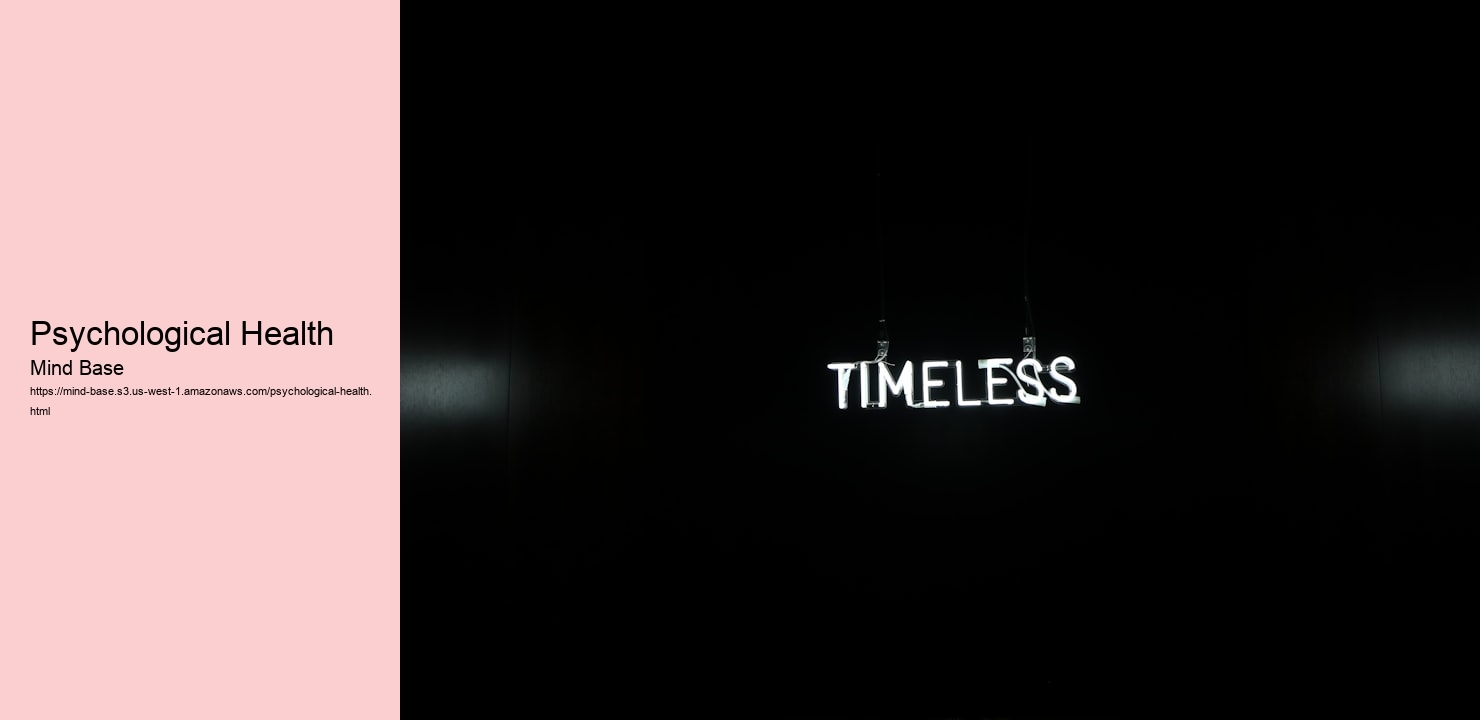
Moving into the 20th century, psychology experienced a paradigm shift with the advent of behaviorism.
In response to what some perceived as limitations within psychoanalysis and behaviorism, humanistic psychology emerged during the mid-20th century with figures like Carl Rogers and Abraham Maslow at its helm. Emphasizing individual potential and self-actualization, this movement shifted focus towards personal growth rather than pathology alone. Therapists in Calgary might find value in these principles when fostering environments that encourage client empowerment and holistic healing.
Today's landscape is characterized by a diverse array of perspectives ranging from biological psychology to socio-cultural approaches, acknowledging that human behavior is influenced by an intricate interplay of factors.

The history of psychology is rich with evolution-from philosophical musings to sophisticated scientific research-shaping how therapeutic practices are conducted today globally including cities liek Calgary where diverse methodologies cater to varied client needs effectively.
Brain health is crucial for a balanced and fulfilling life, particularly in a bustling city like Calgary where the pace can be demanding. It encompasses emotional, psychological, and cognitive well-being, forming the foundation for how we think, feel, and act. A healthy brain allows indviduals to effectively manage stress, relate to others harmoniously, and make constructive choices.
In Calgary's dynamic environment, therapy plays an integral role in supporting brain health. Mental health professionals provide tailored approaches that address specific needs through various therapeutic modalities. Cognitive-behavioral therapy (CBT), mindfulness practices, and other evidence-based treatments are commonly employed to improve mental resilience.


Stress management is vital to maintaining optimal brain function. Therapists in Calgary offer strategies that help clients identify stressors and develop coping mechanisms. By learning techniques such as relaxation exercises or structured problem-solving within therapy sessions, individuals can reduce the impact of stress on their mental faculties.
Therapy isn't solely about addressing problems; it also focuses on enhancing cognitive abilities. Engagements with therapists may involve activities designed to boost memory retention, enhance concentration levels, or stimulate creative thinking-all contributing factors to improved brain performance.

Emotional regulation is at the heart of a healthy mind. Therapists work with clients to understand emotional triggers and develop skills that promote balanced emotional responses. This process not only alleviates symptoms of anxiety or depression but also fosters overall brain health by promoting stable neural pathways.
Beyond therapy sessions, lifestyle choices significantly influence brain health outcomes. Nutrition education provided by therapists underscores the importance of diet in maintaining cognitive vitality while physical activity recommendations ensure adequate oxygen flow to the brain-both critical components emphasized during treatment plans.

Psychological health encompasses psychological, mental, and social wellness, affecting cognition, assumption, and behavior. According to the Globe Wellness Company (WHO), it is a "state of well-being in which the individual realizes his or her abilities, can manage the regular anxieties of life, can function productively and profitably, and can add to his/her area". It also identifies exactly how a specific manages tension, interpersonal connections, and decision-making. Psychological health consists of subjective health, perceived self-efficacy, freedom, capability, intergenerational dependancy, and self-actualization of one's intellectual and emotional possibility, among others. From the viewpoints of positive psychology or holism, psychological health and wellness might consist of a person's ability to enjoy life and to develop a balance in between life activities and efforts to accomplish emotional strength. Cultural differences, individual approach, subjective assessments, and contending professional concepts all affect exactly how one specifies "psychological health". Some early signs associated with psychological health and wellness troubles are sleep irritation, lack of energy, lack of cravings, thinking of damaging oneself or others, self-isolating (though introversion and isolation aren't necessarily unhealthy), and regularly zoning out.
.Psychiatric therapy (likewise emotional therapy, talk therapy, or chatting therapy) is making use of psychological approaches, specifically when based on routine personal interaction, to assist an individual adjustment habits, boost happiness, and get over problems. Psychotherapy intends to improve a person's health and psychological wellness, to fix or reduce bothersome habits, ideas, obsessions, ideas, or emotions, and to enhance connections and social abilities. Many sorts of psychotherapy have actually been designed either for private grownups, families, or kids and teens. Some types of psychotherapy are considered evidence-based for dealing with detected mental disorders; various other types have been criticized as pseudoscience. There are thousands of psychotherapy methods, some being small variants; others are based on very various conceptions of psychology. A lot of techniques include one-to-one sessions, between the client and specialist, but some are conducted with teams, including couples and family members. Psychotherapists may be mental health and wellness specialists such as psychoanalysts, psychologists, mental wellness registered nurses, clinical social workers, marital relationship and family specialists, or specialist counselors. Psychotherapists may also originate from a range of other histories, and depending upon the territory might be legitimately regulated, willingly controlled or unregulated (and the term itself might be secured or otherwise).
.Affordable therapy in Calgary ranges from $50-$100 per session, often with sliding scales for accessibility. Many psychologists also offer direct billing to reduce out-of-pocket costs.
A psychological evaluation in Calgary involves detailed testing to assess cognitive and emotional health comprehensively. It’s used to diagnose conditions like ADHD or mood disorders accurately.
Counseling for stress management in Calgary provides tools like mindfulness to handle daily pressures. Therapists tailor sessions to Calgary’s fast-paced life for lasting calm.